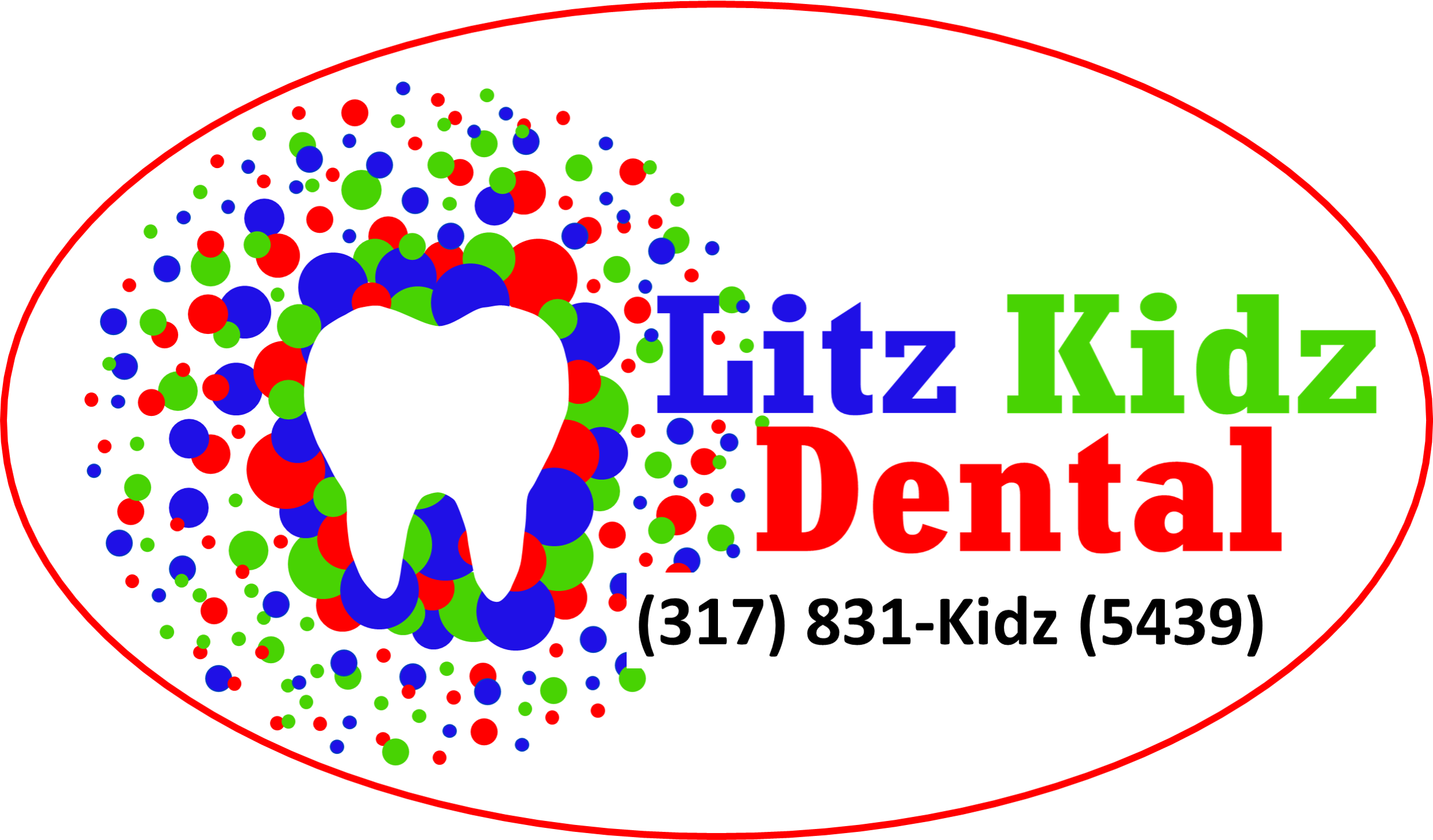 The first year of a child’s life is one of enormous growth and development. The baby teeth begin developing at 2 months in utero. They will grow into the mouth beginning at approximately 6 months of age to 3 years old. Prior to the baby teeth coming in, parents can chew gum with Xylitol. This will decrease the bacteria which causes decay. Therefore, decreasing the transmission of bacteria from parent to baby. Every Parent-to-Be should visit the dentist to be sure they don’t have any active decay to pass on to their baby.
The first year of a child’s life is one of enormous growth and development. The baby teeth begin developing at 2 months in utero. They will grow into the mouth beginning at approximately 6 months of age to 3 years old. Prior to the baby teeth coming in, parents can chew gum with Xylitol. This will decrease the bacteria which causes decay. Therefore, decreasing the transmission of bacteria from parent to baby. Every Parent-to-Be should visit the dentist to be sure they don’t have any active decay to pass on to their baby.
One of the most difficult aspects of being new parents is the lack of sleep. Out of desperation, exhausted parents often give the baby a bottle at night in bed or allow it to fall asleep at the breast. This is a big mistake a parent can make. It is creating a bad habit that is VERY difficult to break. When a baby goes to bed with a bottle, it is then at HIGH RISK for cavities because the milk pools around the teeth eating away at the enamel. Obviously, initially the baby has no teeth, but if started, the habit won’t easily be broken at 6 months when the teeth appear.
Infants often feel soothed by sucking on a pacifier. This is a wonderful adjunct to helping the baby sleep when fussy. Pacifiers should be used sparingly. Not just because it is there, but only when the baby is agitated. Pacifiers are usually harmful to the development of the mouth and teeth, by changing the shape and growth pattern of the teeth and mouth. If a pacifier is used, the parents should keep in mind, the baby should be weaned no later than 2 years of age. This way any changes the pacifier caused in the baby’s mouth, may improve.
A common question is: When should brushing the baby’s teeth begin? The answer is: As soon as the first tooth appears. A soft-bristled toothbrush should be used directly on the teeth and gums. Toothpaste is not necessary initially, eventually a training toothpaste will be used.
